Please fill out the details below, and one of our executives will be in touch with you shortly!
CertEase stands as one of the premier & a globally recognized Rohs certification provider in Denmark, offering comprehensive RoHS consulting services in Denmark & in other major cities such as Copenhagen, Aarhus, Odense, Aalborg, Esbjerg, Randers, Kolding. Our experienced RoHS consultants in Denmark specialize in facilitating the RoHS certification process in Denmark, ensuring compliance with EU regulations on hazardous substances in electrical and electronic equipment. With our large experience of over 10 years and in-depth knowledge of legal & regulatory compliance of the RoHS standard in Denmark, we offer tailored solutions to ensure a seamless certification process that covers the end-to-end requirements of RoHS certification in Denmark. Our services include consultation, technical documentation, testing, inspection, training, audit & certification services which will help enable your products to gain access to the worldwide market.
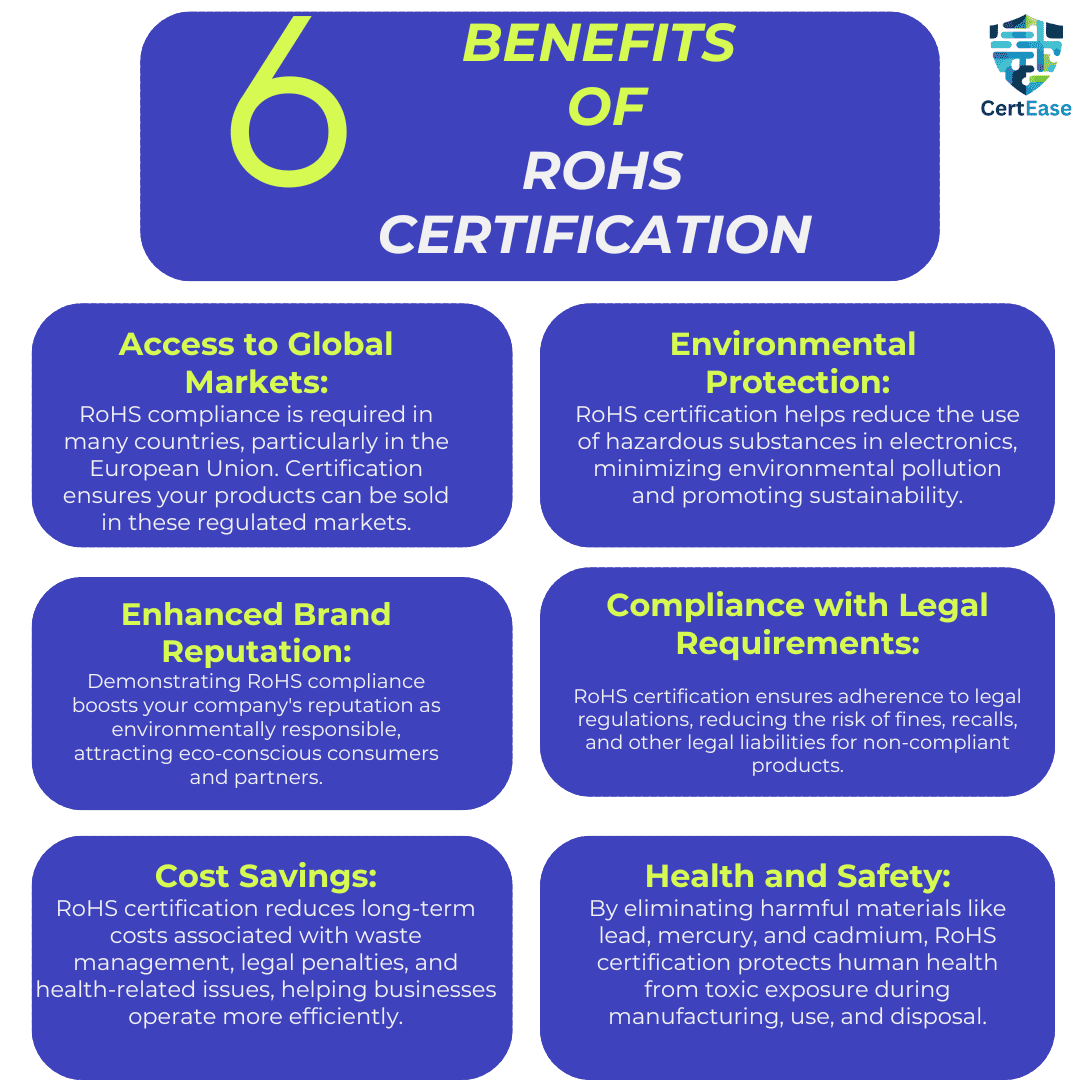
Restriction of Hazardous Substances (RoHS), also known as Directive 2002/95/EC. It’s a European Union directive for electrical and electronic equipment (EEE) that restricts & limits the use of certain hazardous substances in it. The main objective of RoHS in Denmark is to reduce the impact on the environment & protect public health that are caused by hazardous substances present in the product. The main focus of the RoHS directive is to reduce the use of hazardous substances in electrical & electronic products and encourage using alternative & safer substances in the product. Compliance with RoHS regulations in Denmark is mandatory for the products that are sold in the EU market and by some of the other countries as well. This law came into existence & was adopted in the year February 2003 by the European Union. The electrical equipment ranges from household appliances, lighting equipment, and electronic & electrical tools to control instruments and IT and other telecommunications equipment.
RoHS compliant in Denmark is a declaration of compliance that is issued to an electrical or electronic product in the form of a certificate or a deceleration from a RoHS certifying agency in Denmark stating that the product passes the RoHS directive guidelines & requirements & it is safe to use & complies it with the all necessary laws of EU regulations.
Below listed are the 10 hazardous substances the directive mainly focuses on restricting in electrical or electronic equipment.
The cost of obtaining RoHS certification services in Denmark can vary depending on several factors, including the size, complexity, type, and number of products requiring certification & also the RoHS certification body in Denmark which is chosen. Generally, smaller organizations with fewer products may incur lower costs compared to bigger organizations with extensive product lines. Additionally, the complexity of the product including its design, materials used and other components can impact certification expenses. Products requiring more extensive RoHS compliance testing in Denmark and documentation may incur higher costs & time duration. Furthermore, the geographic location of the manufacturer & where the certification is required can also influence costs. Different regions may have different regulatory requirements and fees associated with them. Overall, while there is no fixed cost for RoHS certification, organizations should also consider the expenses related to testing, documentation, compliance management, training, inspection, audit, and potential consulting services. It’s essential to consider these factors carefully to estimate the total cost accurately required for RoHS service in Denmark. To know the accurate cost of getting your products RoHS certified in Denmark you can click here and share the details so that our RoHS experts in Denmark will reach out to you with approximate cost & other relevant information.
When selling your electrical and electronic products within the EEA European Economic Area (EU) market & if your products fall within the scope of the RoHS directive then you must comply with RoHS requirements in Denmark. You may be Manufacturers, importers, and distributors of Electrical & electronic products, and RoHS becomes a mandatory requirement to comply with. Below are those who must comply & get a certificate of conformity Rohs in Denmark:
If you fall under any of the above categories and you deal with Electrical and Electronic Equipment (EEE) then as per EU law it becomes mandatory for your product to get RoHS certification & comply with the Restriction of Hazardous Substances (RoHS) Directive. If not, it can result in legal consequences such as fines, Brand reputation damage, product recalls, Withdrawal & restrictions on selling non-compliant EEE products within the EU market. Hence, it is very important to take RoHS 2 compliance seriously and ensure that the product complies with the RoHS regulation requirements.
Below are the following list & categories of EEE products that require RoHS testing in Denmark & RoHS certification before they can be sold within the EU region:
RoHS certification is very important for ensuring the safety of electronic and electrical products that we use daily. It helps restrict & limit the the use of hazardous substances in products such as lead, mercury, and cadmium, present in the product which can cause serious health risks to consumers and harm the environment when the product is not disposed of properly. By complying with RoHS regulations, manufacturers can showcase to consumers their commitment to producing safe and environmentally friendly products. This not only helps build trust and confidence among consumers but also helps protect user’s health and the ecosystem. RoHS-certified products in Denmark have more value in the market when compared with non-certified ones. Moreover, RoHS certification is very important for gaining access to global EU markets, as many countries have adopted similar regulations to ensure product safety and environmental protection. Obtaining RoHS certification for the product can help your company expand business opportunities globally and reach a wider customer base throughout the world, which will help you achieve more growth and success in the competitive marketplace. RoHS compliance reduces the risk of legal penalties, fines, and product recalls which may be caused by RoHS non-compliance. By meeting RoHS regulations, companies eliminate potential liabilities and safeguard their business operations. Hence it becomes necessary for organizations to get their product RoHS compliance certificate in Denmark to promote sustainable manufacturing practices, protect human health, and preserve the environment for future generations.
The RoHS process in Denmark involves several key steps:
The top 10 advantages of RoHS registration in Denmark include:
RoHS (Restriction of Hazardous Substances) and CE Mark (conformité européenne) serve separate and different purposes in product regulation. RoHS In Denmark primarily aims to restrict the use of hazardous substances in electrical and electronic equipment to safeguard human health and the environment. It puts restrictions on 10 substances which include lead, mercury, cadmium, and others. The CE Mark in Denmark, on the other hand, is a conformity marking on the product which indicates compliance with European Union (EU) directives & regulations for product safety, health, and environmental protection. CE Mark applies to a wider range of products when compared to RoHS, which includes different types of machinery, toys, medical devices, personal protective equipment, and many more while RoHS specifically targets only electrical and electronic products. The certification process for RoHS involves testing for restricted substances and obtaining RoHS compliance certification in Denmark, while CE Mark certification in Denmark requires conformity assessment procedures such as testing, inspection, and certification by a third-party certification agency or from an authorized notified body depending upon the criticality of the product. Overall, your products need to comply with both RoHS and CE Mark standards to contribute to product safety since they have different scopes, regulatory frameworks, certification processes & requirements.
RoHS certification requirements in Denmark ensure that electrical and electronic products comply with regulations related to the restriction of hazardous substances in Denmark. Manufacturers must ensure that their products do not contain restricted substances such as lead, mercury, cadmium, hexavalent chromium, polybrominated biphenyls (PBBs), and polybrominated diphenyl ethers (PBDEs) above specified limits. Compliance involves testing materials and components to verify their composition and adherence to RoHS standards. Additionally, manufacturers must maintain detailed records documenting the materials that are used in their products – BOM (bill of materials) and provide accurate labeling to indicate RoHS compliance. Setting up strong supply chain management practices is important to track the origins of materials and ensure compliance throughout the production process. By meeting these requirements, manufacturers can show their commitment to manufacturing environmentally friendly and safe products, gaining consumer trust, and ensuring regulatory compliance.
Below are some of the reasons why you should hire a consultant from a RoHS certification agency in Denmark to obtain and maintain RoHS certification.
The RoHS compliance checklist for the certification process typically includes:
It’s important to consult with a RoHS certification expert in Denmark or a certification body for specific document requirements based on your product and manufacturing processes.
RoHS certification validity is for 3 years, but the organization must go through a surveillance audit every year to maintain regular compliance of the product with RoHS standards. After completion of 3rd year, the Renewal of Rohs certification in Denmark should be done.
The RoHS audit process is a detailed inspection & assessment conducted to ensure that a company’s products comply with RoHS directive requirements, which restrict the use of certain hazardous substances in electrical and electronic equipment.
During the audit, authorized RoHS auditors in Denmark from the certifying body will review the documentation, and technical files & conduct on-site inspections of manufacturing facilities. They may test product samples for the absence of 10 restricted substances to confirm the product’s compliance with RoHS requirements.
The audit findings are documented in a report, which is known as an audit report it includes all findings from the audit & all non-compliance issues are identified and recommended to implement corrective actions for it. Companies must look into these issues and implement corrective measures to achieve & maintain compliance with RoHS. Once the non-conformities found in the audit are resolved, the company will receive a RoHS compliance certificate, showcasing its commitment to environmental protection and consumer safety. The certifying body will conduct Periodic surveillance audits to check & ensure ongoing compliance with RoHS regulations.
If you thinking about how to get online RoHS certification in Denmark. Certease is the go-to option, one of the most reliable and reputed RoHS certification consultancy in Denmark. To obtain our RoHS services in Denmark simply reach out to us via email at contact@certease.com or call us at +91 89517-32524. Our experienced RoHS experts in Denmark will guide & provide tailored solutions to your specific needs, ensuring a smooth and efficient certification process. Contact us today to get started on your RoHS certification journey in Denmark!

Directly or indirectly improving the organization’s profits in the short/long term in a sustainable manner
Our seasoned professionals bring expertise to every project, ensuring precision and success.
Our dedicated team ensures reliability and prompt solutions around the clock, Count on us for unwavering support.
Our experts bring verified proficiency to address your specific needs. Choose assurance, choose excellence.
Tailored to suit your specific business needs, our services make it effortless for you to obtain high-quality certifications.
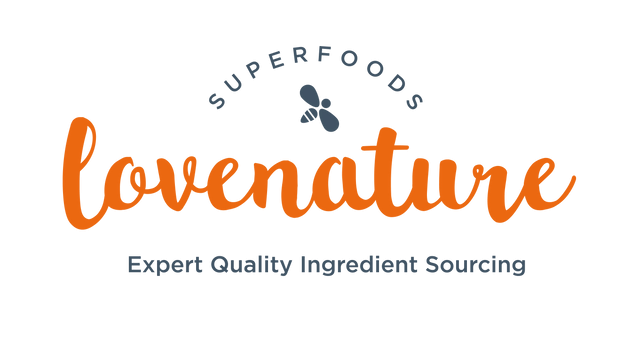
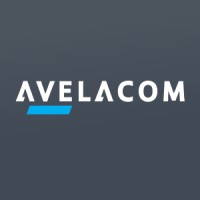
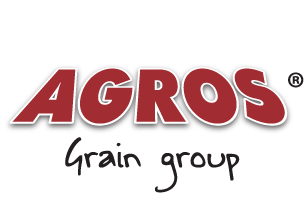

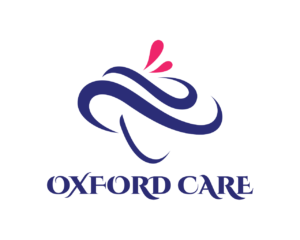
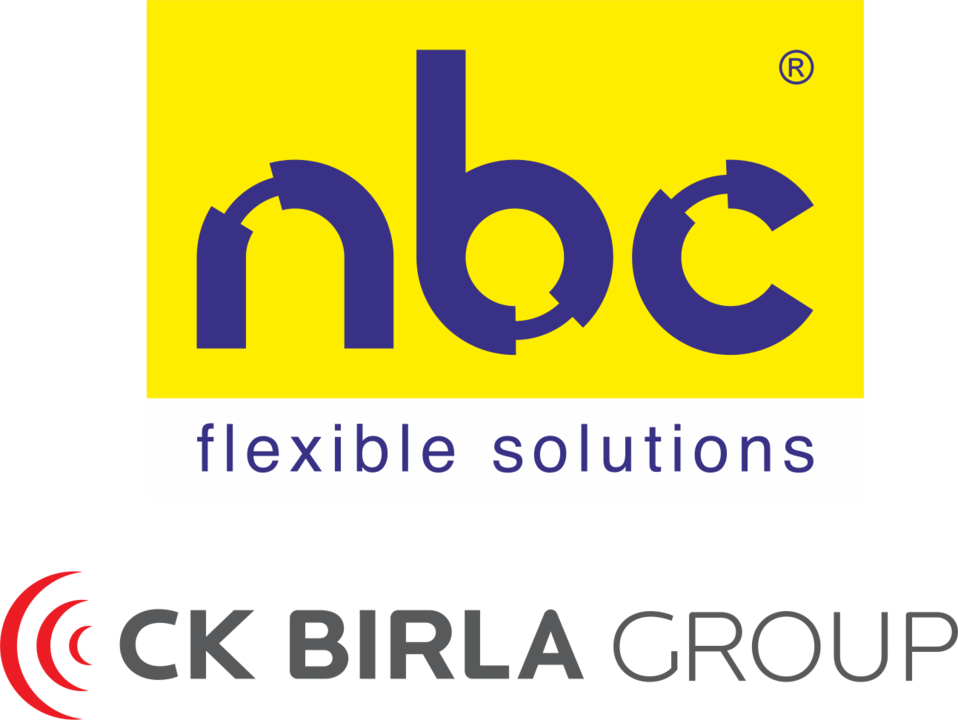

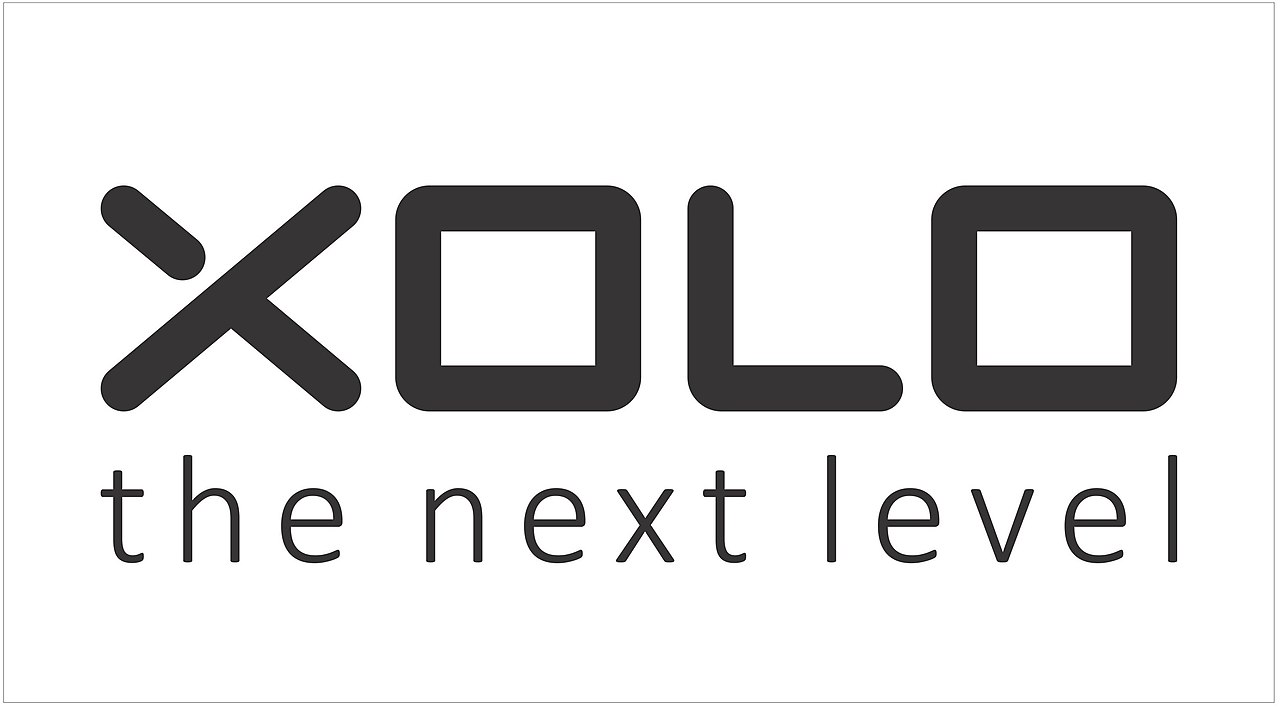
Please complete the form below to receive a detailed Cost Estimation.
